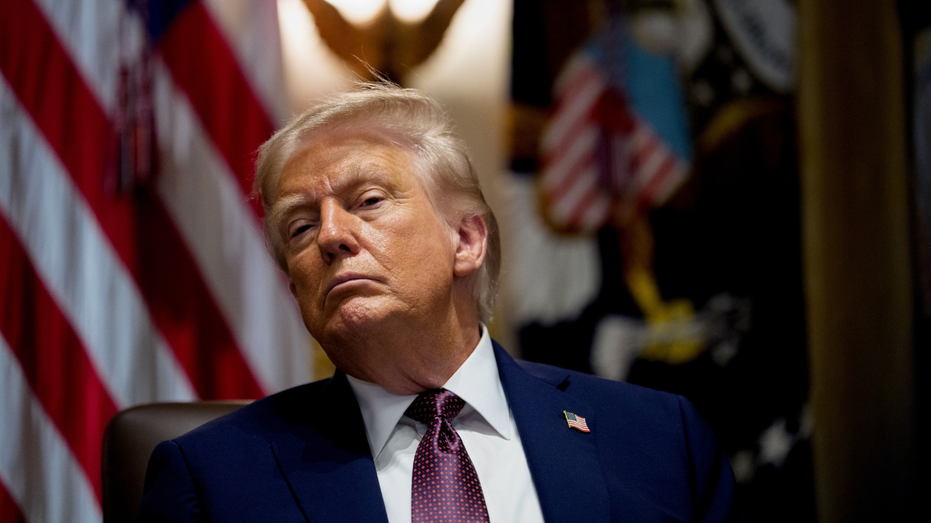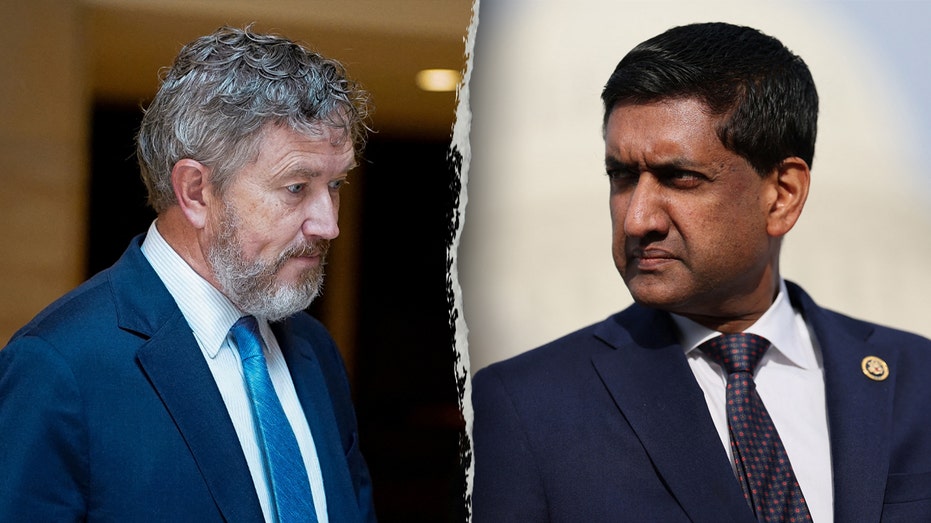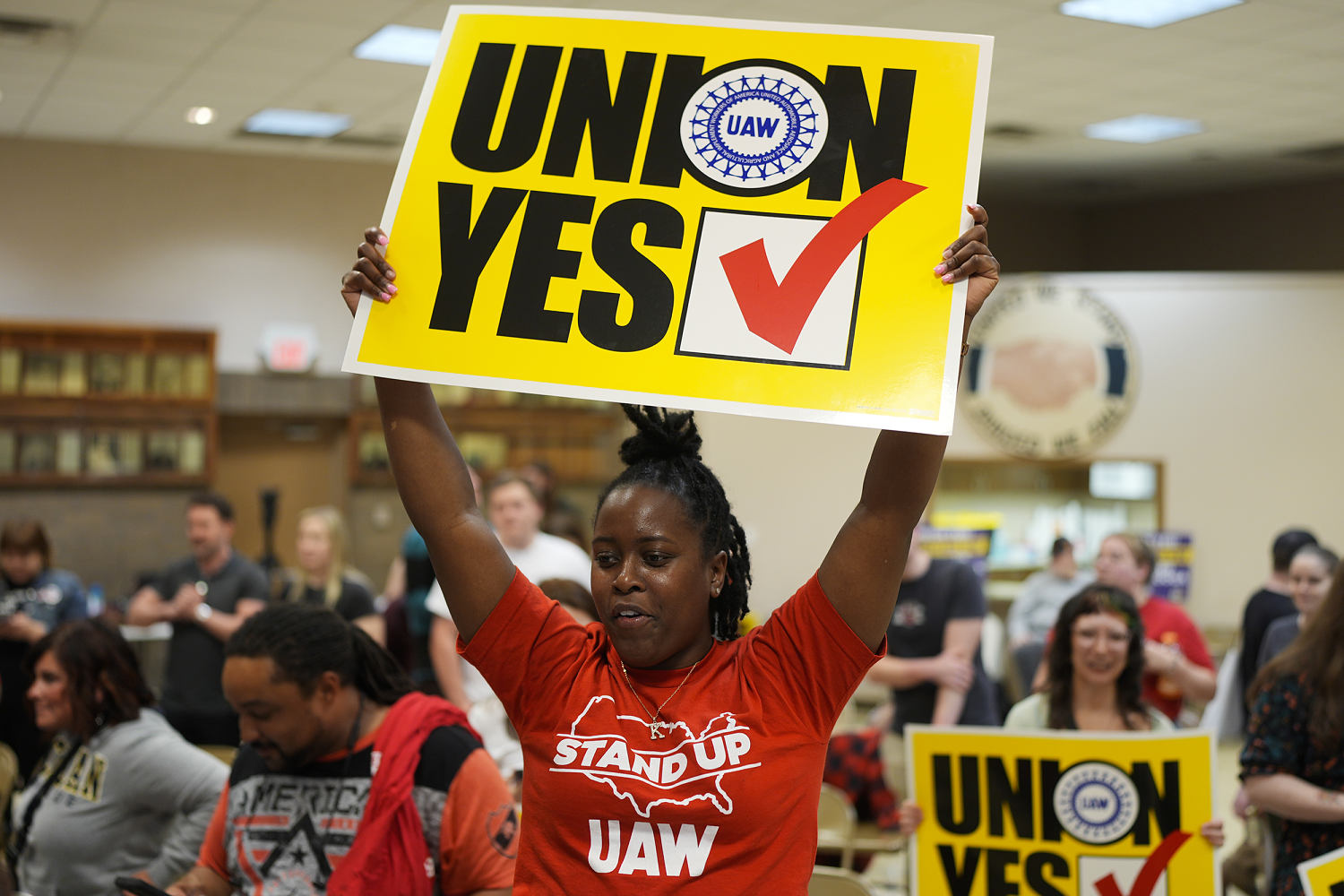Trump faces multiple legal setbacks as federal courts question broad presidential powers

After the long holiday weekend, President Donald Trump will begin contending with significant legal disputes unfolding on multiple fronts. From the Federal Reserve to trade policy to deportations of illegal immigrants, here’s a look at the high-stakes legal showdowns shaping Trump’s week.
U.S. District Judge Jia Cobb, a Biden appointee, signaled on Friday she will seek to rule quickly on whether Trump acted unlawfully in moving to fire Federal Reserve Governor Lisa Cook over mortgage fraud allegations. She didn’t make a ruling during the two-hour hearing but told both sides to submit more filings by Sept 2. Only then will she decide whether to issue an order that temporarily protects Cook’s job while the case continues.
TRUMP SAYS HE’S ‘ALWAYS’ READY FOR LEGAL FIGHT AS OUSTED FED GOVERNOR PLANS LAWSUIT
Trump’s unprecedented attempt to oust Cook sets the stage for a high-stakes legal battle likely bound for the Supreme Court.
Trump fired Cook on Aug. 25, which prompted her to sue him in federal court three days later. Her lawsuit names as defendants Trump, the Board of Governors of the Federal Reserve System, and Federal Reserve Chairman Jerome Powell.
It is not clear if Cook has attempted to enter the Federal Reserve’s main headquarters in the Foggy Bottom neighborhood in D.C. since Trump’s letter terminating her. The Federal Reserve declined to say whether Cook has tried to work from her office, is working remotely, or retains access to the email and other resources she needs for her job.
Before Cook filed her suit, a Fed spokesperson acknowledged the potential legal feud and wrote in an Aug. 26 statement that the Fed will “abide by any court decision.”
COOK’S POTENTIAL EXIT HANDS TRUMP GREATER SWAY OVER FED BOARD SHAPING US MONETARY POLICY
In a different legal case, Judge Cobb issued a temporary order preventing the Trump administration from carrying out expedited deportations of illegal immigrants. The policy would have allowed some to be deported without first going before an immigration judge.
In an Aug. 29 opinion, Cobb ruled that the Trump administration’s plan to quickly deport illegal immigrants who had lived in the U.S. less than two years violated their right to due process.
“In defending this skimpy process, the government makes a truly startling argument: that those who entered the country illegally are entitled to no process under the Fifth Amendment,” Cobb wrote, adding that the government could accuse “not only noncitizens, but everyone.”
“The government could accuse you of entering unlawfully, relegate you to a bare-bones proceeding where it would ‘prove’ your unlawful entry, and then immediately remove you,” Cobb added.
FEDERAL JUDGE BLOCKS TRUMP’S EXPANDED DEPORTATION PLAN OVER DUE PROCESS CONCERNS
Meanwhile, on the trade front, a federal appeals court said on Friday that Trump overstepped his authority by using emergency powers to impose new tariffs on imported goods.
The court said that power lies squarely with Congress or within existing trade policy frameworks. Attorney General Pam Bondi said the Justice Department will appeal the ruling to the Supreme Court. Meanwhile, the court allowed the tariffs to remain in effect until mid-October.
TRUMP CALLS TARIFF WINDFALL ‘SO BEAUTIFUL TO SEE’ AS CASH SAILS IN
The setback chips away at Trump’s trade policy, long a centerpiece of his economic agenda, which leans heavily on tariffs to raise revenue and exert pressure on foreign trading partners. Trump has previously said that tariff revenue could offset the cost of his “One Big Beautiful Bill” and add hundreds of billions to the U.S. economy.
Tariff revenues rose steadily from approximately $17.4 billion in April to $23.9 billion in May, before climbing to $28 billion in June and peaking at $29.6 billion in July. According to the Treasury Department’s latest “Customs and Certain Excise Taxes” data, released on Aug. 28, total tariff revenues have reached $183.1 billion for the fiscal year.
At the current pace, the U.S. could collect as much tariff revenue in just four to five months as it did over the entire previous year.


